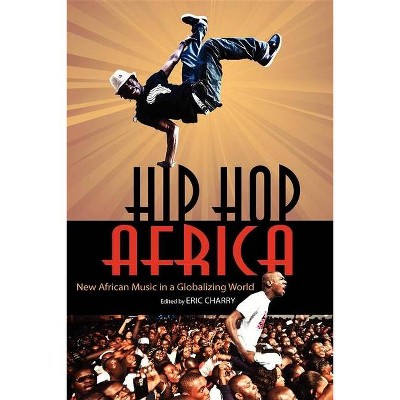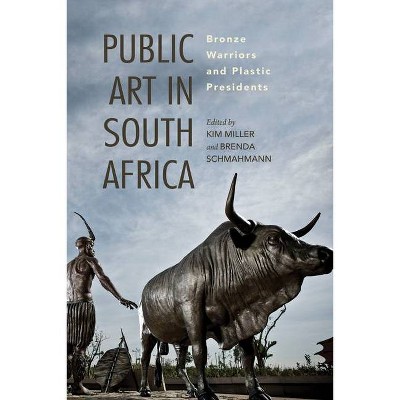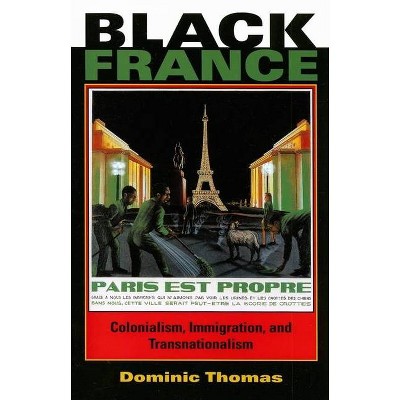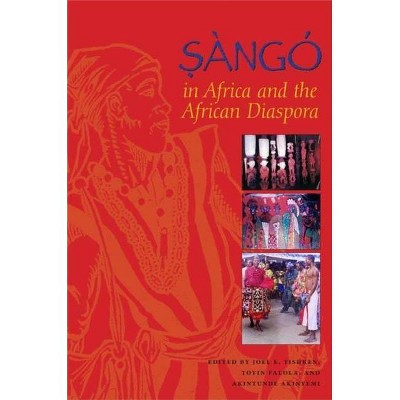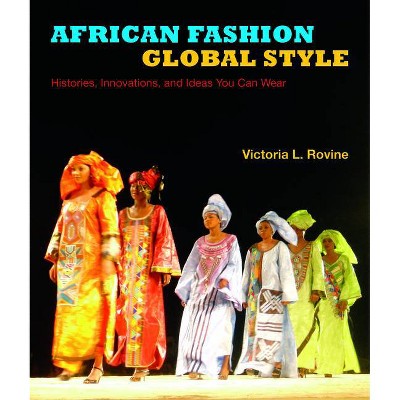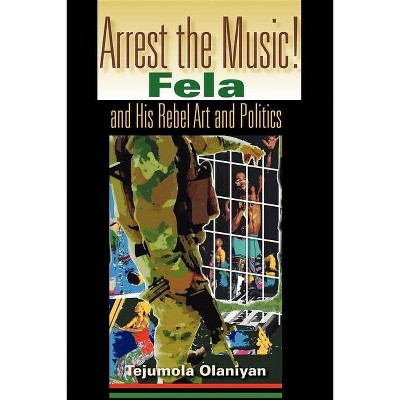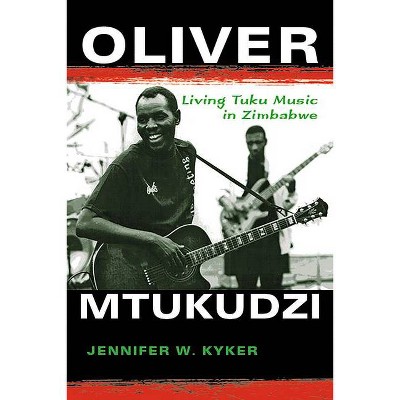Fashioning Africa - (African Expressive Cultures) by Jean Allman (Paperback)
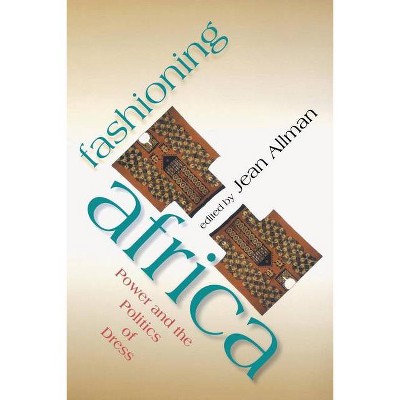
Similar Products
Products of same category from the store
AllProduct info
<p/><br></br><p><b> Book Synopsis </b></p></br></br><p>Everywhere in the world there is a close connection between the clothes we wear and our political expression. To date, few scholars have explored what clothing means in 20th-century Africa and the diaspora. In Fashioning Africa, an international group of anthropologists, historians, and art historians bring rich and diverse perspectives to this fascinating topic. From clothing as an expression of freedom in early colonial Zanzibar to Somali women's headcovering in inner-city Minneapolis, these essays explore the power of dress in African and pan-African settings. Nationalist and diasporic identities, as well as their histories and politics, are examined at the level of what is put on the body every day. Readers interested in fashion history, material and expressive cultures, understandings of nation-state styles, and expressions of a distinctive African modernity will be engaged by this interdisciplinary and broadly appealing volume.</p><p>Contributors are Heather Marie Akou, Jean Allman, A. Boatema Boateng, Judith Byfield, Laura Fair, Karen Tranberg Hansen, Margaret Jean Hay, Andrew M. Ivaska, Phyllis M. Martin, Marissa Moorman, Elisha P. Renne, and Victoria L. Rovine.</p><p/><br></br><p><b> Review Quotes </b></p></br></br><br><p>These 11 essays, mainly by women scholars, establish in various ways and with different examples the relationship between dress and politics. Both the concepts of dress and politics are broadly defined: from what people wear to how they make and wear articles of clothing in relation to the statements they intend by their actions, even when they are not explicit about those statements. Thus, the book starts with a 1953 story of how the use of men's headwear was becoming unfashionable in Accra, and uses the event to say that the people of Ghana in their decade of decolonization were making a statement about their newfound citizenship, the rejection of an aspect of British culture, and a call for unity among the people. The essays deal with various intellectual aspects of dress in various countries: style, performance, textiles, and attire. The authors clearly and convincingly reveal the political language communicated by dress, with an emphasis on resistance and challenges to power. The useful but inadequate illustrations indicate the complexity of the subject and the interest that the book should generate. Summing Up: Highly recommended. Graduate students, researchers/faculty.</p>--T. Falola "University of Texas, 2005may CHOICE"<br><br><p>This collection is unusually satisfying in its substance, breadth, and balance. . . Eleven authors drawn from the fields of history, anthropology, art history, and communication studies offer abundant new data and challenging theory to both casual and scholarly readers. . . .</p>-- "Intnl Journal of African Historical Studies"<br><p/><br></br><p><b> About the Author </b></p></br></br><p>Jean Allman is Professor of African History at the University of Illinois at Urbana-Champaign. She is co-editor (with Susan Geiger and Nakanyike Musisi) of <i>Women in African Colonial Histories</i> (IUP, 2002).</p>
Price History
Price Archive shows prices from various stores, lets you see history and find the cheapest. There is no actual sale on the website. For all support, inquiry and suggestion messagescommunication@pricearchive.us
